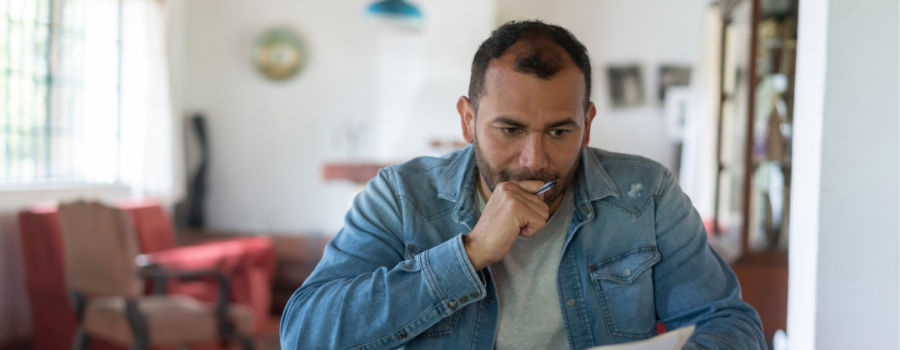Anxiety can be present in your child’s life in a multitude of ways: preparing for a test, learning to drive, etc. , so it can be difficult to distinguish whether your child’s anxiety is normal part of growing up and having more responsibilities, or if it’s becoming a serious struggle.
When your child’s anxieties don’t match the situation, it might be time to take action. Is your child suddenly sick every time a math exam comes up? Are they getting close to tears when you suggest going out for a practice drive around the neighborhood? According to Wellness Everyday anxiety becomes a mental disorder, “when you have an overwhelming feeling of fear which keeps you from everyday activities and situations.”
There are a variety of anxiety disorders, and they can present themselves in many ways.
The most common anxiety disorder is Generalized Anxiety Disorder. “It affects 6.8 million people in the U.S.,” according to the Anxiety and Depression Association of America. A child struggling with this disorder will “experience excessive anxiety and worry, often expecting the worst even when there is no apparent reason for concern”
Social Anxiety Disorder can cause a child to feel fear that they are being watched or judged by their peers. This disorder goes beyond being shy; the symptoms can be so severe that they disrupt daily life. According to the Anxiety and Depression Association of America, the child will “recognize that the fear is excessive and unreasonable, but they feel powerless against it. They are terrified they will humiliate or embarrass themselves.” This may result in a very small social circle, and may present itself in a child prone to “clinging behavior, tantrums, and even mutism.”
According to Wellness Everyday, “everyone experiences worry in some way during daily life; one may feel understandably anxious as a reaction to ordinary urgent situations,” Just be attentive to anxiety that starts to overwhelm your child’s daily life. According to the Anxiety and Depression Association of America “many people don’t know that their disorder is real and highly responsive to treatment.”
If you feel your child’s anxiety is getting in the way of a healthy life, contact a healthcare professional. He or she can help identify the cause of the anxiety and the proper care for treating it.
Nexus Family Healing is a national nonprofit mental health organization that restores hope for thousands of children, families, and adults each year through services in community mental health, crisis and stabilization, foster care and adoption, and residential treatment. For over 50 years, we’ve used innovative, personalized approaches to heal trauma, break cycles of harm, and reshape futures. We believe every child is worth it — and every family matters. Access more resources at nexusfamilyhealing.org/resources.
Source Articles
Anxiety Types
http://www.wellnesseveryday.org/anxiety/types
Generalized Anxiety Disorder
https://www.adaa.org/understanding-anxiety/generalized-anxiety-disorder-gad
Panic Disorder Agoraphobia
https://www.adaa.org/understanding-anxiety/panic-disorder-agoraphobia
Social Anxiety Disorder
https://www.adaa.org/understanding-anxiety/social-anxiety-disorder
